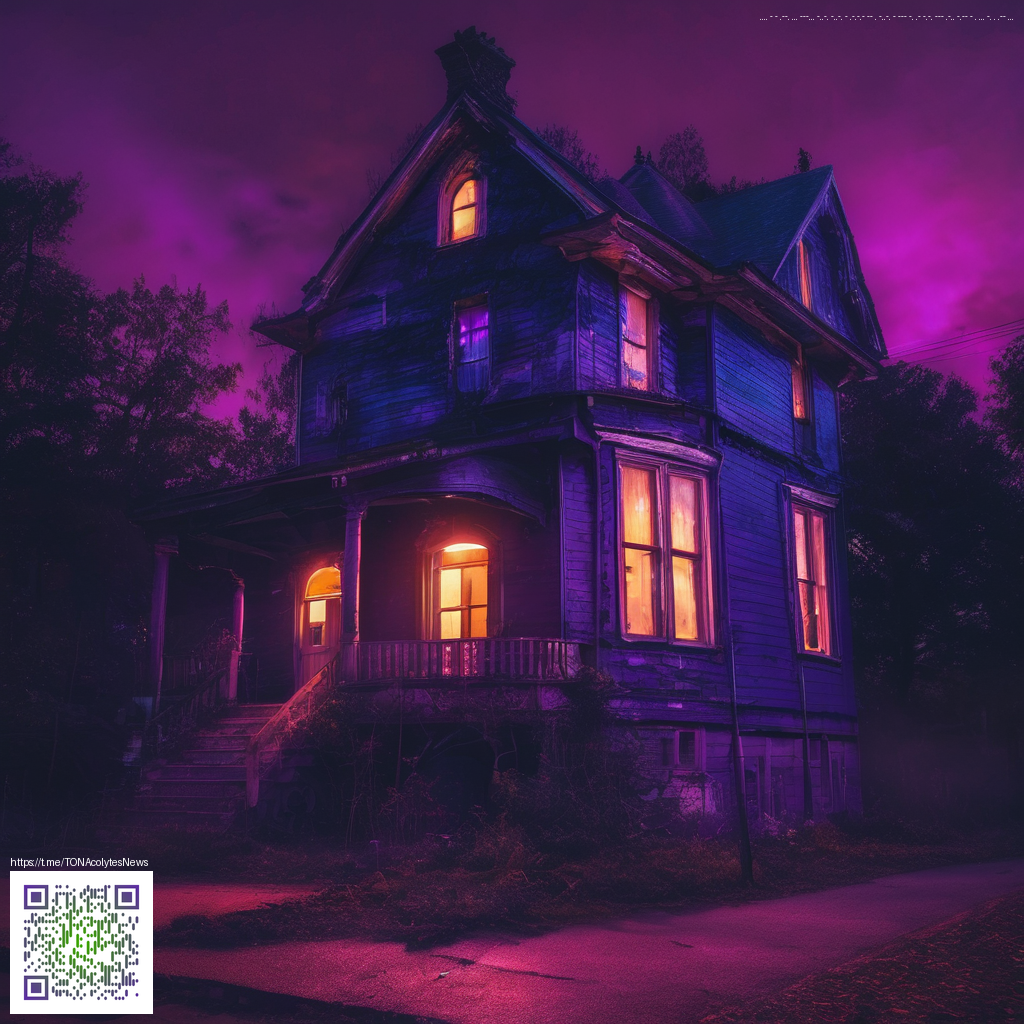
Community Driven Transformations in Resident Evil Village
From cobblestone streets to blood soaked corridors, the fan driven ecosystem around this horror action game has never stopped evolving. A dedicated group of players pushed beyond the base experience by sharing mods that remix combat balance, lighting moods, and character aesthetics. The result is a living version of the game where clever tweaks and shared artistry ripple across the community. This collaborative energy has redefined how players approach playthroughs and how developers hear the pulse of the audience.
At the heart of this shift is a simple truth about modern games. The core campaign and modes offer a blueprint, but the real replay value often comes from what players create on their own. Modding lets you tune difficulty for a merciless run or soften it for a slower dread filled exploration. It allows outfits that reflect a player style or a cinematic lighting package that makes every corridor feel like a new mood piece. The upshot is a richer, more diverse set of playstyles that keeps the game fresh long after the credits roll.
Gameplay reshaped by mods
Quality of life improvements frequently begin as tiny tweaks reports from the community. A stricter enemy spawn pattern can up the intensity for hardcore fans while a more forgiving aim assist can help newcomers find the rhythm without dampening the fear. Some players experiment with new balance tweaks that adjust resource scarcity and enemy aggression, offering a fresh pulse to familiar zones. The result is a cascade of experiments that informs how many players approach late game challenges.
Not all mods are about pushing the difficulty up. A number of projects focus on clarity and accessibility. Higher contrast textures, customizable UI scales, and streamlined inventory flows let players focus on situational awareness rather than fumbling through menus. Other mods showcase a love for artistry, replacing in game lighting with cinematic shaders, adding weather cycles, or giving NPCs new outfits. The community level there is a blend of science and storytelling, a reminder that video games are still a visually driven medium at heart.
Quality of life and accessibility as a movement
Accessibility minded mods expand who can enjoy the game and how. For players with limited fine motor control or those who simply want a relaxed pace, tweaks to sprint mechanics or camera behavior can make exploration less punishing. For others, cosmetic and audio mods turn a tense hallway into a theater stage, letting lore and atmosphere carry more weight than raw scare values. The shared approach is a collective design brief that values comfort and immersion in equal measure.
Beyond individual mods, the culture surrounding them is a lesson in collaborative creativity. Guides and tutorials from seasoned modders lower the barrier for first timers. Community led challenges, showcase threads, and streaming friendly builds help new players sample the vast catalog quickly. The spirit is inclusive while keeping a healthy respect for balance and performance. This is how the hobby grows from a few clever tweaks to a thriving subculture with its own quirks and memes 💠
Updates that listen and adapt
While official updates come from the studio tasked with expanding the world, the community leaves a persistent trace. Players report back on how patches change the baseline gameplay and which tweaks still shine in the wake of nerfs or buffs. The best moments come when developers acknowledge the community riffing in their shared space and use that energy to inform future content. It is a dynamic dialogue where mods and official updates push and pull the game into new thematic directions without losing the core survival horror heartbeat.
In practice this means more than just new outfits or shader packs. It means patches that respond to balance concerns raised by long time players, a willingness to experiment with alternate camera modes, and a respect for modding as part of the broader ecosystem. Players become coauthors in a living narrative that sits alongside the main story, and that collaboration makes the game feel bigger than its original scope.
Developer commentary and the ethics of modding
Community created content challenges developers to think about the long term health of the game. Clean takeaways include robust modding tools, clear guidelines about distribution and licensing, and a shared understanding that mods should enhance not undermine the core experience. When studios engage with mod communities through official channels or light hearted nods in patch notes, it validates the community effort and encourages responsible creation. The balance remains delicate yet exciting, a space where artistry and engineering collide in meaningful ways.
For players who want to support this vibrant ecosystem while keeping a focus on the game itself, engaging with like minded creators and contributing feedback through public channels helps ensure that mods remain sustainable. The energy that mods bring to Resident Evil Village is a testament to how a game can grow beyond its shelves when players bring imagination and technical curiosity to the table 💫
Getting involved and keeping the momentum
If you are curious about trying mods, start with trusted communities and clear installation guides. Respect content creators by crediting their work and following licensing terms. Test in a controlled environment to avoid destabilizing your save files. The most durable mods are the ones that enhance the core experience without removing the emotional bite that makes the game memorable. The community thrives on iteration and shared discovery, and your contribution can spark the next big idea that reshapes gameplay for everyone.
To support more deep dives into mod culture and future coverage, consider backing the creator via the donation link below. Your contribution helps sustain high quality explorations of the intersection between play and community. Let us keep building a decentralized internet of gaming passion where ideas flow freely and creators are rewarded for their curiosity
Support Decentralized Internet